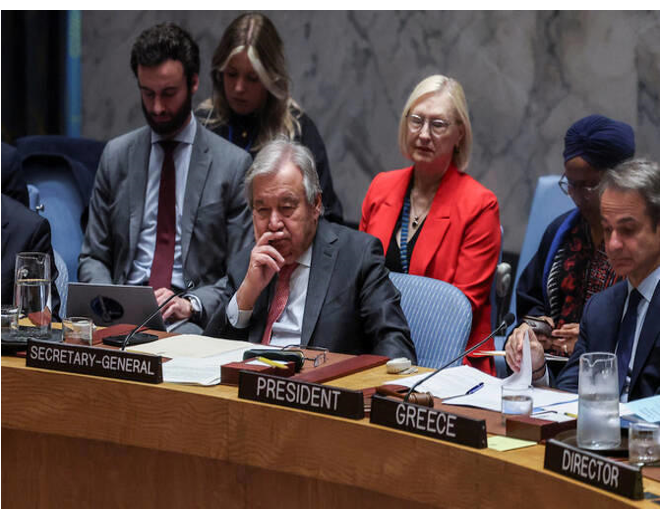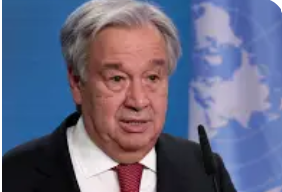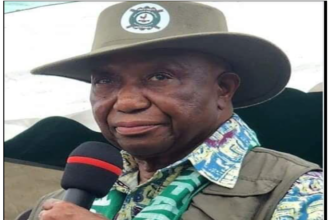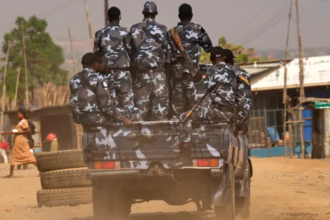By Emily Sims
The United Nations is set to drastically slash its globe-spanning peacekeeping force, confirming on Wednesday that up to a quarter of its personnel will be pulled from active missions worldwide as the organization struggles to cope with significant funding reductions from its largest donor, the United States.
A senior UN official, briefing journalists on the condition of anonymity, detailed that 25% of the UN’s peacekeeping force—roughly 13,000 to 14,000 military and police personnel—will be reduced in the coming months. These soldiers and police officers will be sent back to their home countries from nine active global missions.
The move comes as the UN is forced to align its budget with Washington’s revised financial commitments, driven by President Donald Trump’s “America First” policy regarding international institutions.
The overall peacekeeping budget is slated for a 15% reduction for the upcoming fiscal year, affecting longstanding and critical operations, including missions in Congo, the Central African Republic, South Sudan, Lebanon, Cyprus, Kosovo, and the vital support office in Somalia.
US Cuts Drive Budget Crisis
The decision to overhaul the blue-bereted force followed a high-level meeting on Tuesday between UN Secretary General Antonio Guterres and representatives from major donor nations, including Mike Waltz, the new US ambassador to the UN.
The Trump administration has long argued that the UN’s structure, agencies, and overall budget are “bloated and redundant.” The administration has pledged not to release further contributions until the US State Department completes a review assessing the effectiveness of every UN agency and program.
The US had earlier outlined that it would commit $680 million (€584 million) to nine peacekeeping efforts this year, representing a significant reduction from the $1 billion (€859 million) payment it made the previous year. While this reduced funding will prioritize missions Washington deems crucial, such as those in Lebanon and the Democratic Republic of Congo, the deficit has triggered the need for sweeping cuts across the board.
Ambassador Waltz, speaking last week on US television, reiterated the White House’s focus on getting “the UN back to basics of promoting peace, enforcing peace, preventing wars,” adding, “We have to cut out all of this other nonsense.”
Guterres Defends Peacekeeping Value
UN Secretary General Antonio Guterres has consistently defended the value and efficiency of the peacekeeping operations, noting that while each of the UN’s 193 member countries is legally obliged to pay its share, the peacekeeping budget is tiny relative to global military expenditures.
Guterres has argued that with a budget “representing a tiny fraction of global military spending—around one half of one percent—UN peacekeeping remains one of the most effective and cost-effective tools to build international peace and security.”
The peacekeeping cuts are part of a broader reform effort spearheaded by Guterres in reaction to the Trump administration’s financial pressure. More than 60 offices, agencies, and operations headquartered in New York are currently facing 20% job cuts.
Since entering his second term in January, President Trump has ordered comprehensive reviews of multilateral institutions, resulting in Washington cutting ties with the UN cultural agency UNESCO, the World Health Organization, and the top UN human rights body, in addition to reassessing funding for dozens of other programs.
While contributions from the US and China traditionally make up roughly half of the peacekeeping budget, a second senior UN official noted that Beijing has indicated it will be paying its full contribution by the end of the year. China is responsible for approximately 24% of the peacekeeping funding.









